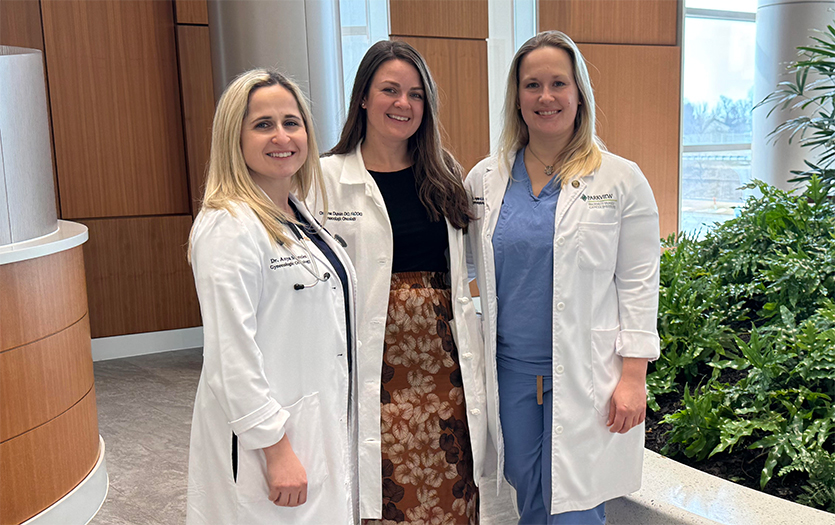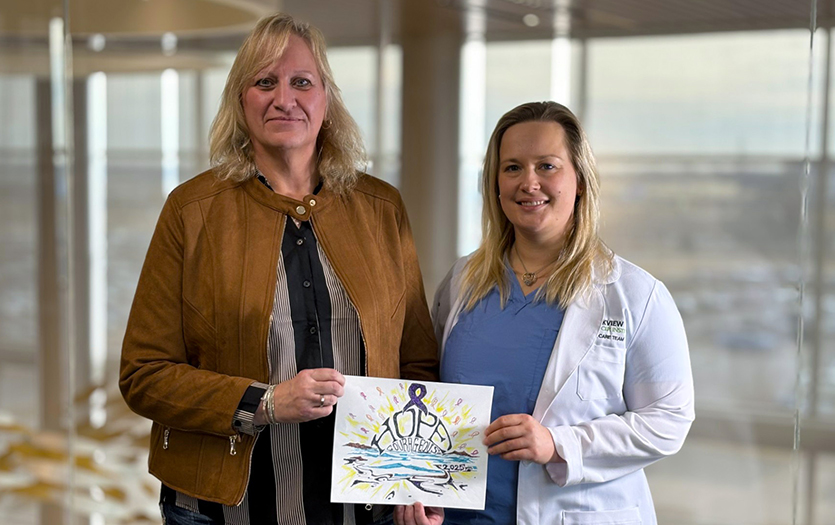We’re often reminded of the importance of colonoscopies, but do we really know why? Paul Conarty, MD, Parkview Physicians Group – Colon & Rectal Surgery, answers some of the most common questions around the test, which can be a key to early cancer treatment.
Q. What are some signs I need a colonoscopy?
At the first sign of any symptoms, especially bleeding (visible or microscopic), a change in bowel habits (loose or constipated, a change in frequency, or a change in the diameter, a.k.a. getting smaller) are always of great concern until we take a look with the scope. Unfortunately, many people fear what the exam will show, so they delay getting it done. Delaying the diagnosis does not make a problem go away, it just increases the risk and prolongs the symptoms. Advanced techniques in surgery and other treatments make it more likely that a problem can be dealt with effectively and prevent more serious consequences.
Q. When is a colonoscopy recommended if I don’t have symptoms?
The U.S. Preventive Services Task Force (USPSTF) recommends screening for colorectal cancer beginning at age 50 (45 for African Americans), as do many other professional health groups. This applies to someone who has no history in their family. The age changes when there is a first degree relative (father, mother, brother, or sister) who has a problem. For example, if your father or mother had a pre-cancerous or cancerous polyp found at age 50, you would want to be scoped at age 40. There are other conditions that require even earlier screening colonoscopies, but are specific to conditions such as familial polyposis. Regardless of any published guidelines, let these be your guide to seeking medical care: Change in bowel habits (how often you go), change in the diameter of the stool, alternating bouts of diarrhea and constipation, and any rectal bleeding.
Q. Why is a colonoscopy so important?
While colon cancer is the second leading cause of cancer deaths in the U.S., it is preventable if discovered early. There are numerous non-invasive tests on the market and being developed, from a simple do-it-yourself test at home, to a highly specialized genetic test. These can all be beneficial if a person absolutely refuses a colonoscopy, but they are not conclusive tests. Among colorectal physicians and other specialists, a colonoscopy is the “gold standard” of tests and is the most reliable means we have today to detect not only polyps, but other diseases and conditions of the colon. In addition to being a diagnostic tool, it is also a therapeutic tool, allowing for polyp removal and specimen collection (liquid or tissue) for diagnosing other conditions.
Q. What are precancerous polyps and what happens if they aren’t removed?
Generally, most polyps have the potential to become cancerous, and that is why they are always removed and sent to a pathologist for microscopic examination. We know for a fact, that polyps continue to grow over time, and the larger they become the higher the incidence of changes that could lead to cancer. But even if that happens, and if caught early enough, simply removing them could be a cure. If ignored, polyps will continue to grow. There are no symptoms of a polyp when it first forms, but as it becomes larger, the first symptom noticed is either blood in the stool or on the toilet paper, or microscopic blood seen in a fecal occult blood test. At this point, the polyp has already entered a stage of concern.




